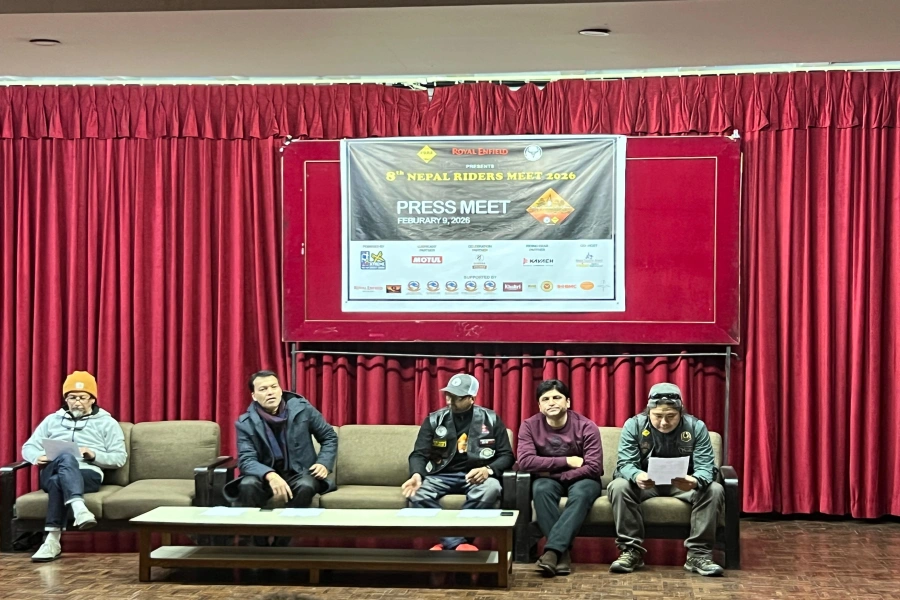TOKYO, Aug 26: An excavation in the western Japanese city of Osaka has unearthed more than 1,500 human bones at what is thought to be a burial site dating back some 160 years, city officials have said.
The site, dubbed the “Umeda Tomb”, is believed to be one of seven historical grave sites from the late Edo and early Meiji periods around the 1850s to 1860s.
Nepathya concludes Japan tour: Osaka marks final stop in this y...

Researchers discovered 350 small graves at the site as well as the remains of animals including four piglets, horses, and cats, city officials announced earlier this month.
The Osaka City Cultural Properties Association said people buried at the site were likely local residents from around Osaka Castle town, with many believed to be in their 30s or small children. Some looked to have had signs of disease on their hands and feet, it said.
Multiple bodies were found in some graves. Experts believe they were buried together due to deaths related to an epidemic disease, the association said.









































